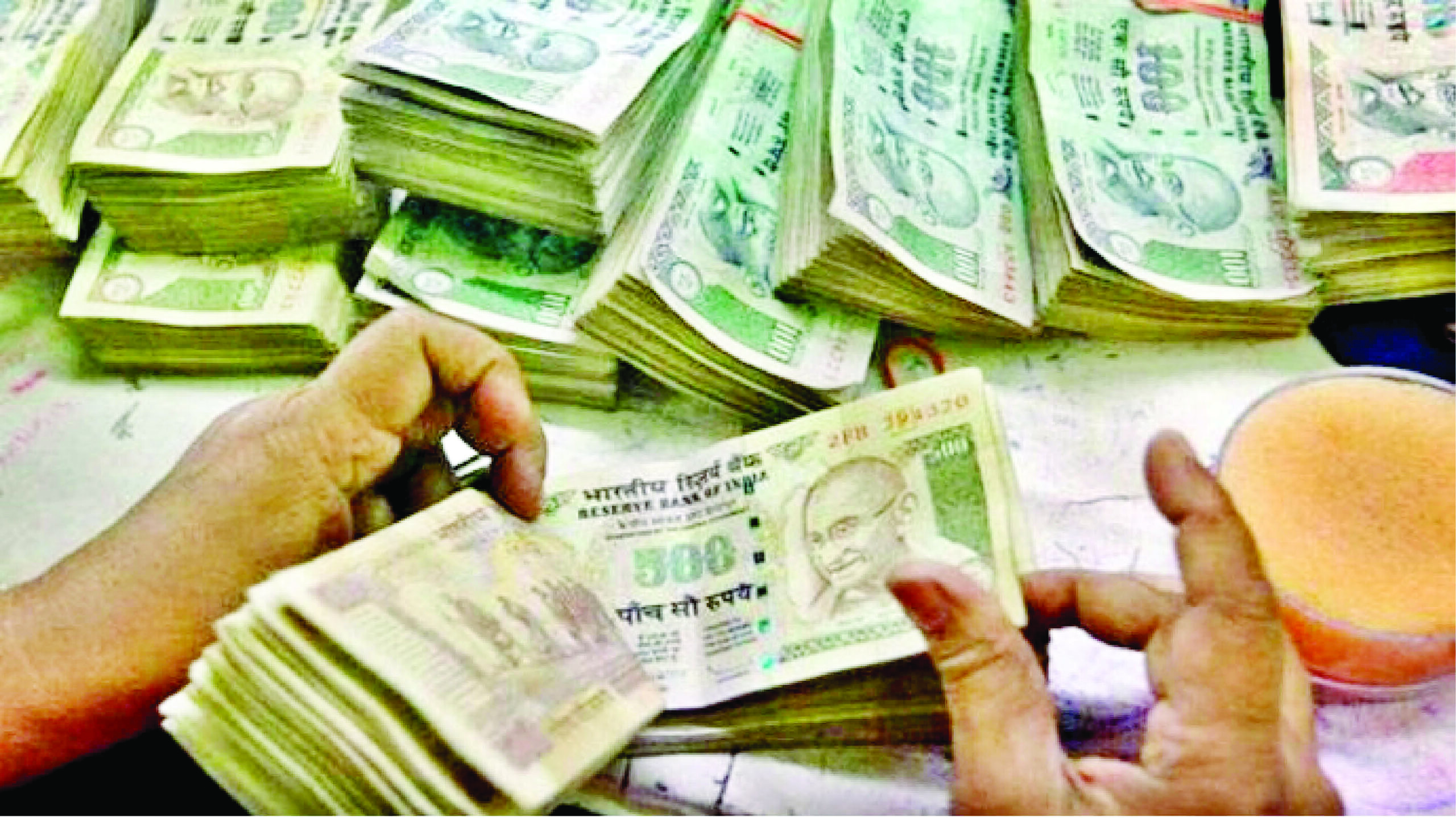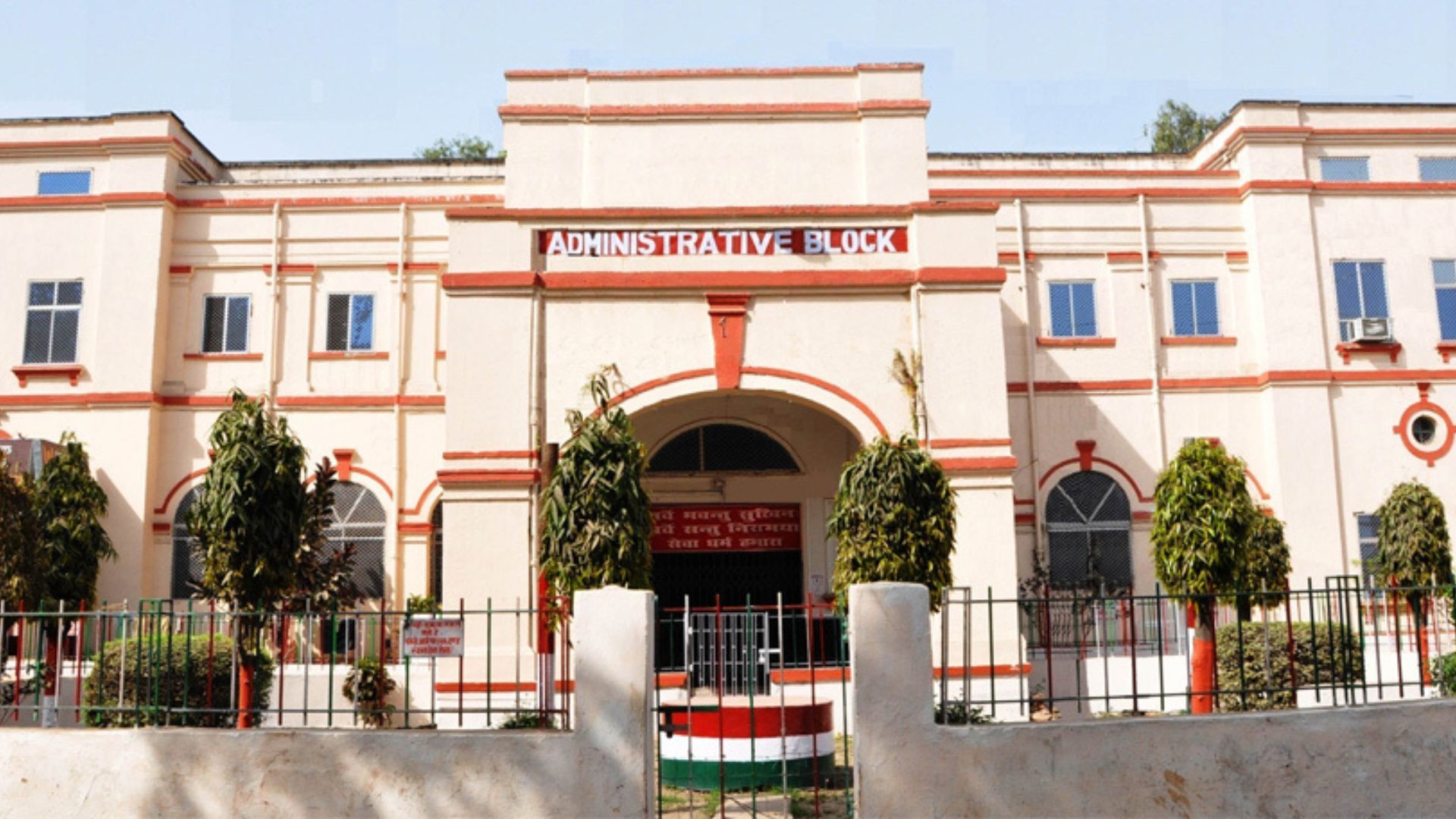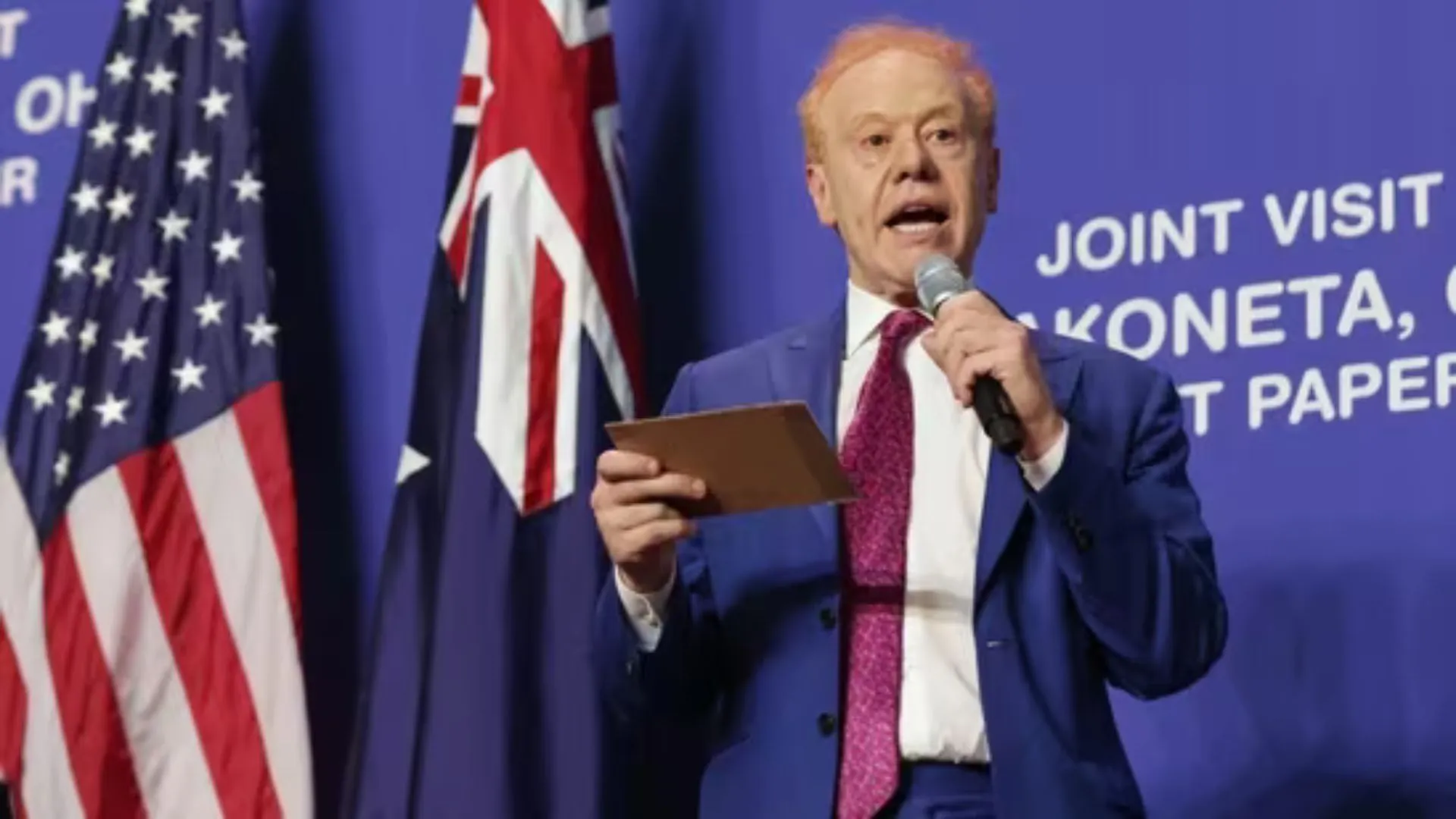In 2011, during a Planning Commission meeting, the then Home Minister P Chidambaram had batted for higher taxes on luxury products and re-imposing inheritance tax.
An inheritance tax is a tax imposed by some states on the recipients of inherited assets. In contrast to an estate tax, an inheritance tax is paid by the recipient of a bequest rather than the estate of the deceased.
In 1953, India created a law to tax inheritances, but got rid of it 1985 by the Rajiv Gandhi government.
As per the Act, law that said a tax was owed on things a person owned (like land, houses, or other valuables) when they died and left them to someone else. This tax only applied to adults (people 18 and older) and everything they owned, including farmland.
Even though the assets passed on to legal heirs could be considered gifts since they are received without any consideration, no gift tax is imposed because the Income-tax Act of 1961 excludes assets received through inheritance or a will from the purview of gifts.
Before which a high “estate duty” of up to 85% of the inherited property’s value was required to be paid by the executors of the deceased’s estate under the Estate Duty Act of 1953.
History of Inheritance Tax
In 1953, the Estate Duty Act was enacted in India to address economic inequality by introducing an estate duty tax. This tax was designed to be progressive, with rates increasing up to 85 percent for estates valued over Rs 20 lakh. It applied to both immovable and movable properties, regardless of their location, that were inherited by successors upon an individual’s death.
In 1985, the then Finance Minister V.P. Singh abolished it as the income generated for the Centre via such taxes was much less than the cost incurred due to the administrative process in executing it.
As of date, there is no tax imposed on property inherited, whether through a will or by intestate succession.
How is inheritance tax calculated?
The first step in dealing with a deceased estate is often to determine its total value.
This involves assessing the value of all assets owned by the deceased, including real estate, investments, bank accounts, vehicles, and personal belongings, while also considering any outstanding debts or liabilities.
Whether or not inheritance tax applies depends on several factors, including the total value of the estate and the laws of the jurisdiction. In some places, certain beneficiaries, such as spouses or children, may be exempt from paying inheritance tax or may receive a reduced tax rate.
Were there efforts to revive inheritance tax?
In 2011, during a Planning Commission meeting, the then-Home Minister P Chidambaram had batted for higher taxes on luxury products and re-imposing inheritance tax. At a meeting headed by the then-PM Manmohan Singh, he said, “Since non-plan expenditure is difficult to contain, the tax-GDP ratio must be raised especially by taxing conspicuous consumption and imposing inheritance tax.”
Prior to the Union Budget in 2013, Chidambaram had said, “Non-debt revenue should be increased; therefore, the rich must be prepared to pay more tax.” In a 2013 lecture to honor Raja Chelliah, Mr. Chidambaram called for a debate on the need for inheritance tax.
He had questioned the accumulation of wealth by a few individuals while the majority languished.
Similarly, in 2017, reports suggested that the then-Finance Minister Arun Jaitley was planning to levy taxes on inherited wealth. The proposed move was to levy tax on any property or cash above Rs 50,000 received or inherited by a person as an ‘income from other sources.’ Due to severe backlash from the public, the move was scrapped.
Later in 2018, Jaitley claimed that inheritance tax was the reason for large endowments to hospitals, universities, and other institutions in the West. Contrasting it to India, he stated funding for such institutions were mainly from religious groups and corporate social responsibility (CSR) programmes. He claimed that endowments from rich individuals were not a norm in India. However, he did not suggest re-imposing the tax.














